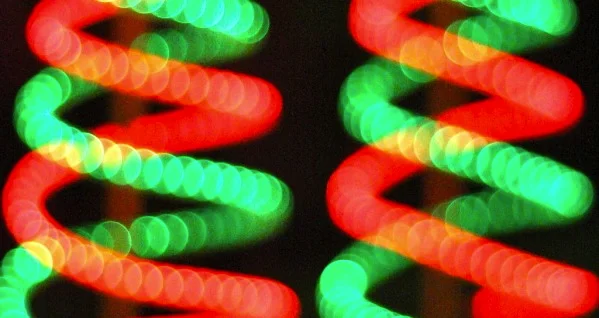Magic mushroom users often describe a feeling of having their minds expanded, but a new study reveals that this psychedelic state results from diminished brain activity. A recently published study interpreting functional brain scans of volunteers under the influence of the active psychedelic compound in magic mushrooms, psilocybin, has provided scientists with a new view of how the psychedelic state is achieved in the brain—one that may elucidate how to treat depression and headaches.
Using Viruses to Kill Tumors
Interview with Mr. Clifford Ball: a Clinical Cardiac Perfusionist
In the 19th of June 2010, one of our career researchers, Vidhya Natarajan, spoke to Mr. Clifford Ball, a perfusionist and the Program Director of the Cardiovascular Perfusionist Program at the Cleveland Clinic, Florida. They spoke about the profession and his journey towards becoming a perfusionist.
Interview with Dr. Francis Collins, National Institutes of Health
Where does funding for biomedical research come from? How can you get involved in cutting-edge research? Are you interested in pursuing a career in biomedical science? The Journal of Young Investigators interviewed Dr. Francis Collins, Director of the National Institutes of Health, to answer these questions. The following is the printed transcript of the interview.
Evaluation of the Armed Services Vocation Aptitude Battery (ASVAB)
Psychological testing has been used in several industries since the 19th century. At this time, over 100,000 tests are being produced annually with no signs of slowing down. The Armed Services Vocation Aptitude Battery, or ASVAB, was produced by and promptly distributed by the Department of Defense (DOD) to promote career exploration. Currently, over one million men and women each year take this test to determine their career choice. The ASVAB is designed using the Item Response Theory (IRT) and can be taken by pencil and paper or on the computer. Scoring is calculated using a standard and weighted score. Research shows this examination to be highly reliable and valid, after previous errors had been corrected. Many recruiters say the ASVAB is a crucial tool for recruitment and would lose over half of their recruits if it was ever discontinued. Weaknesses of the exam include lack of parental consent, possible self-doubt, and elimination of postsecondary attendance. Further studies are needed to determine the exact negative repercussions. Errors notwithstanding, the ASVAB is a solid examination with proven successful track record. Future endeavors in this exam should only address the two issues previously stated.




